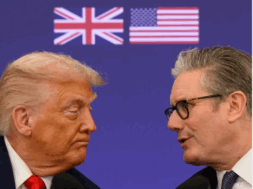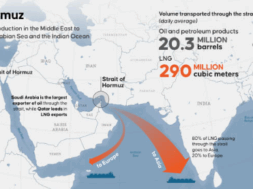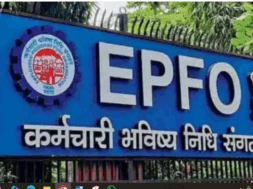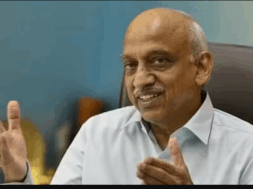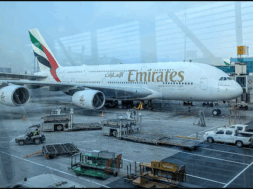
No Protection against Omicron from Chinese Vaccine
NEW DELHI, Dec 15: A Hong Kong-based team of researchers have found that the China-made Covid-19 vaccine Coronavac does not provide sufficient antibodies to neautralise Omicron variant.
The Chinese shot made by Sinovac Biotech Ltd is one of the most widely used vaccine in the world and the report of the Hong Kong research team’s initial lab findings may have sweeping consequences for the millions of people relying on Coronavac to protect them against Covid-19.
Among a group of 25 people fully vaccinated with Sinovac’s shot none showed sufficient antibodies in their blood serum to neutralize the omicron variant, said a statement from a team of researchers at the University of Hong Kong released late Tuesday night.
In a separate group of 25 fully vaccinated with the messenger RNA shot developed by Pfizer Inc. and BioNTech SE, five had neutralizing ability against the new variant, the scientists said. That’s in line with findings released last week by the companies, who said a third shot would be sufficient to protect against omicron.
Led by Kwok-Yung Yuen, the highly respected professor in infectious diseases at the University of Hong Kong, the study of 50 people has been accepted for publication in the medical journal Clinical Infectious Diseases and is available online as a pre-print.
While much is still unknown about how Sinovac’s shot reacts to omicron — including how T cells, the immune system’s weapon against virus-infected cells, will respond — the findings are a blow to those who have received the 2.3 billion doses of Coronavac shipped out, mostly in China and the developing world. With omicron seen to be at least four times as transmissible as the delta variant in a Japan study, the prospect of having to re-vaccinate against the new strain will set back the world’s efforts to exit the pandemic.
If Sinovac is found in more conclusive studies to be ineffective against omicron, China, which has managed to insulate the vast majority of its people from Covid-19 with closed borders and strict containment measures, faces the biggest threat from the new variant, said experts. The government has given out 2.6 billion homegrown shots — many of them Coronavac — to its population of 1.4 billion people, but now faces the prospect of having to develop new vaccines and rolling them out again before it can shift away from its current isolationist stance.
Among other countries using Coronavac, previous infection waves would have conferred some natural immunity that will help ensure “no major impact” from omicron, said Benjamin Cowling, a professor of epidemiology at the University of Hong Kong.
But the populations in mainland China and Hong Kong have experienced no large-scale infection before, leaving them vulnerable. “The Chinese authorities have worked hard to have a high vaccination rate across the country but the mutability of the virus means that the impact of those efforts has been significantly reduced,” said Nicholas Thomas, an associate professor at the City University of Hong Kong who has edited several books on foreign policy and public health.
“The two-fold challenge now facing China is how to ensure that their population is again protected from omicron and any future mutations, plus managing the flows of goods and people over their borders when the rest of the world is moving to live with the virus,” he said.
The country has detected two omicron cases so far in returning travelers, with one of them being discovered over two weeks after he entered China. The Chinese government has already been struggling throughout the year to stamp out delta infections. While daily cases have rarely gone higher than double digits, China’s determination to vanquish all infection has seen it escalate measures, with local officials doing everything to reduce mobility and keep people in confinement.
Mainland China and Hong Kong also have the strictest travel curbs in place to prevent infection from being imported. In Hong Kong, people returning from places like the U.S. and U.K. must now undergo 21 days in quarantine, a rule that business groups say is causing long-term damage to its status as a global financial center.
The Hong Kong research team has exported the isolated omicron virus to China’s government and vaccine manufacturers for development of the vaccines targeting the new variant, they said. Sinovac said last week that it was studying how its vaccine holds up against omicron but gave no timeline for releasing results. The scientists also advised members of the public to get a third vaccine dose as soon as possible, while awaiting the next generation of shots. But whether a third dose of the present Sinovac vaccine will improve the neutralizing antibody response against the omicron variant remains to be determined, they said.
(Manas Dasgupta)


